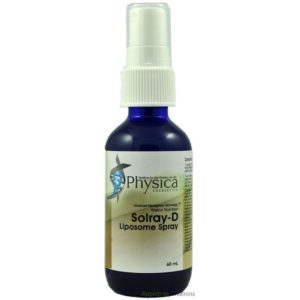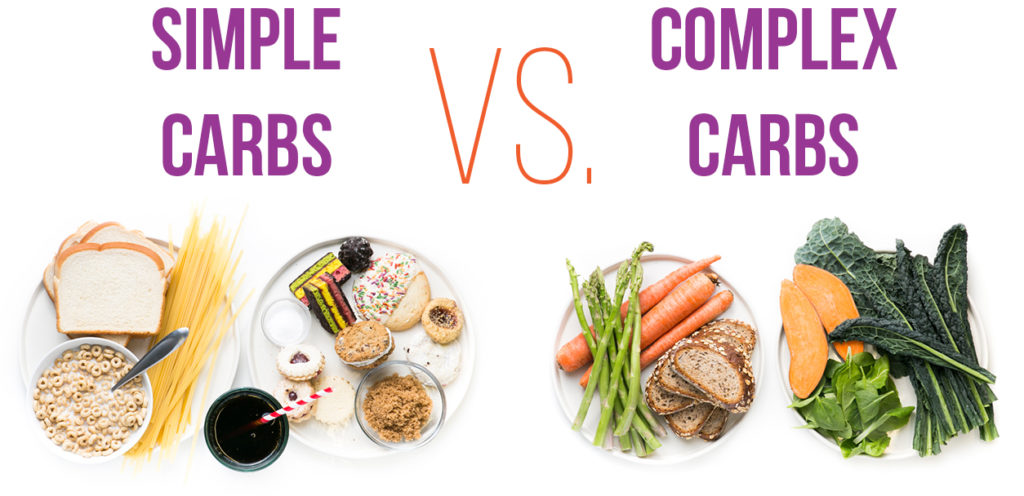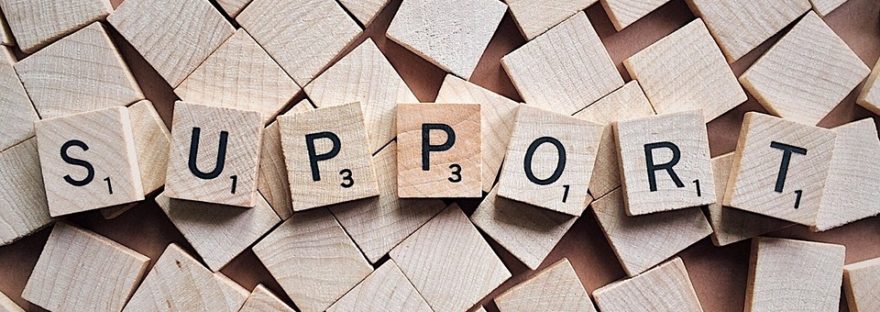Today is World Brain Day, where the world looks at how pollution affects the health of the brain and promote research into the diseases that may occur as a result of exposure to the pollutants. This year’s theme is “Clean air for brain health”. Air pollutants are something that for the most part we have no control over. But what we do have control over is how we care for our brain on a daily basis. I would like to suggest that this self-care is one of the best ways that you can be proactive in giving your body and brain the advantage to whatever stressors you may be experiencing.
Mindfulness: Most people have heard of this term but have either have their own version of what it is or really don’t know much about it. To put it simply, mindfulness is an intentional attitude in how you stay in the present moment. It is when you notice the things around you and going on inside of you without judging them nor pushing them away. Mindfulness takes practice and some people become frustrated because they don’t think it is helping them thus give us early. I tell my clients that it is a skill that takes practice but is worth sticking with. It is something that every age can do and helpful with anxiety, depression and other mental health concerns. There are some good apps available that may help you get started. As well, I can recommend other options for you to learn this practice.
Sleep:I am not going to suggest your optimum amount of sleep that you need each night but it is suggested that adults should be getting 7-9 hours of sleep a night. To know if you are getting enough sleep, try to pay attention to your mood, energy and health. Like a diet and exercise, sleep is a critical component to overall health. I also specialize in sleep disturbances and may be able to help you improve your sleep. There is lots of good information on sleepfoundation.org.
Diet and exerciseare the two other areas that I want to mention. Most people are not aware that diet and exercise are directly related to brain health and mental health. I often tell my clients that their overall health affects their mental health. You can’t really separate your body’s health and your mental health, as you are whole being, body and mind. If you struggle in either or both of these areas, there are many reputable organizations and people that can help you get started on a healthy eating plan and regular exercise program suited for you.
These four areas are very important for your self-care. I help many of my clients work toward self-care in these areas along with other areas in their life. Take care of you! It is the only body and mind you have and you are responsible for it. If you need help in any of these areas or struggle with other area in your life, I would be glad to help you work through them.
Written by Bonnie Adams, MA, CCC, RP





 I cannot stress this enough! Taking vitamin D (the sunshine vitamin) every day in the winter has made a MASSIVE difference for me – more balanced moods and a stronger immune system! Vitamin D is known as the “sunshine” vitamin because it is actually manufactured in the human skin when in contact with the ultraviolet light in the sun’s rays. Wintertime, clouds, smog, and darkly pigmented skin reduce the body’s production of this vitamin and according to recent research, we need far more vitamin D than originally thought. Vitamin D regulates bone formation (especially important in menopausal women), prevents tooth decay and gum problems, has been shown to reduce the incidence of colds, and has been used in the treatment of diabetes, visual problems, allergies, sciatica pain, and skin problems. It also boosts levels of serotonin and dopamine (your FEEL-GOOD hormones) in the brain!
I cannot stress this enough! Taking vitamin D (the sunshine vitamin) every day in the winter has made a MASSIVE difference for me – more balanced moods and a stronger immune system! Vitamin D is known as the “sunshine” vitamin because it is actually manufactured in the human skin when in contact with the ultraviolet light in the sun’s rays. Wintertime, clouds, smog, and darkly pigmented skin reduce the body’s production of this vitamin and according to recent research, we need far more vitamin D than originally thought. Vitamin D regulates bone formation (especially important in menopausal women), prevents tooth decay and gum problems, has been shown to reduce the incidence of colds, and has been used in the treatment of diabetes, visual problems, allergies, sciatica pain, and skin problems. It also boosts levels of serotonin and dopamine (your FEEL-GOOD hormones) in the brain!





 It’s very common for couples to pursue counselling when communication issues begin to dominate their relationship. Does it ever feel like you and your partner keep missing each other on something? Or like your partner just doesn’t seem to get you anymore? Perhaps you feel you’ve been very clear about your perspective and it’s your partner’s problem that they just can’t seem to understand the issues from your point of view.
It’s very common for couples to pursue counselling when communication issues begin to dominate their relationship. Does it ever feel like you and your partner keep missing each other on something? Or like your partner just doesn’t seem to get you anymore? Perhaps you feel you’ve been very clear about your perspective and it’s your partner’s problem that they just can’t seem to understand the issues from your point of view. Listening can be tough, especially when the other person is saying something that triggers a defensive response in you. Remind yourself that you will also have a turn; right now it’s important to tune in and not interrupt. Make eye contact and be fully present with your partner. You can demonstrate being present by focusing exclusively on the conversation and what’s being said. It might be helpful to view the discussion as involving two subjective perspectives rather than one person being “right” or “wrong.”
Listening can be tough, especially when the other person is saying something that triggers a defensive response in you. Remind yourself that you will also have a turn; right now it’s important to tune in and not interrupt. Make eye contact and be fully present with your partner. You can demonstrate being present by focusing exclusively on the conversation and what’s being said. It might be helpful to view the discussion as involving two subjective perspectives rather than one person being “right” or “wrong.” While it’s certainly true good relationships involve both give and take, when both partners are focused on giving, they strengthen their ability to negotiate conflict more effectively. With some increased awareness, you can shift a problematic dynamic. Tune into your words and actions more carefully. Is there something you can say or do differently to yield different results? When we are kind, we send a caring message to our partner, and when we feel cared for, we can operate from a place of generosity and love.
While it’s certainly true good relationships involve both give and take, when both partners are focused on giving, they strengthen their ability to negotiate conflict more effectively. With some increased awareness, you can shift a problematic dynamic. Tune into your words and actions more carefully. Is there something you can say or do differently to yield different results? When we are kind, we send a caring message to our partner, and when we feel cared for, we can operate from a place of generosity and love.